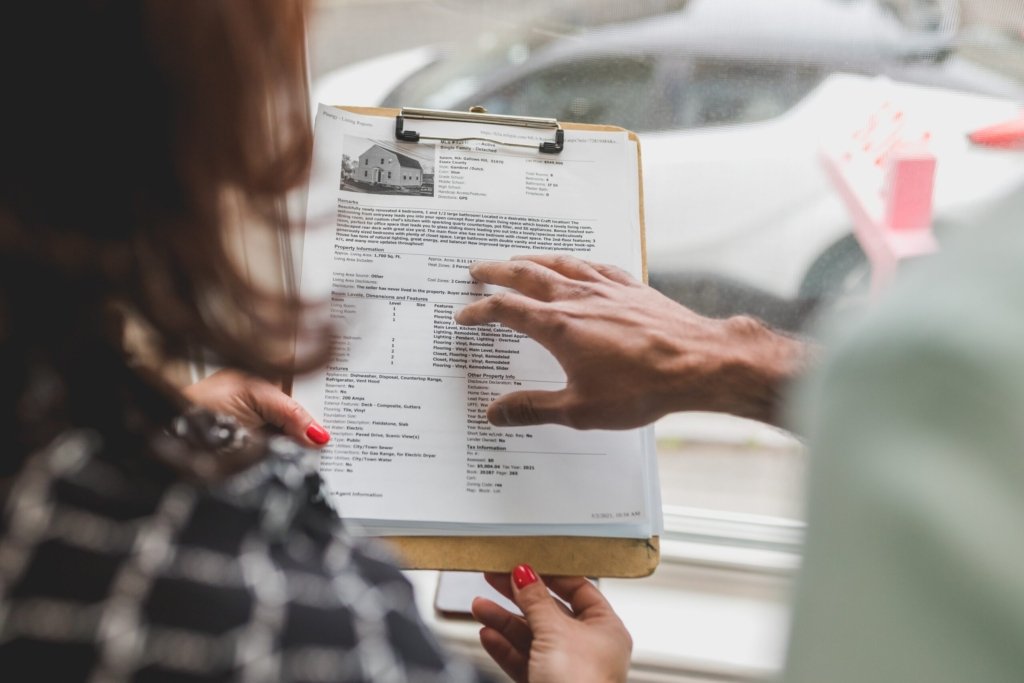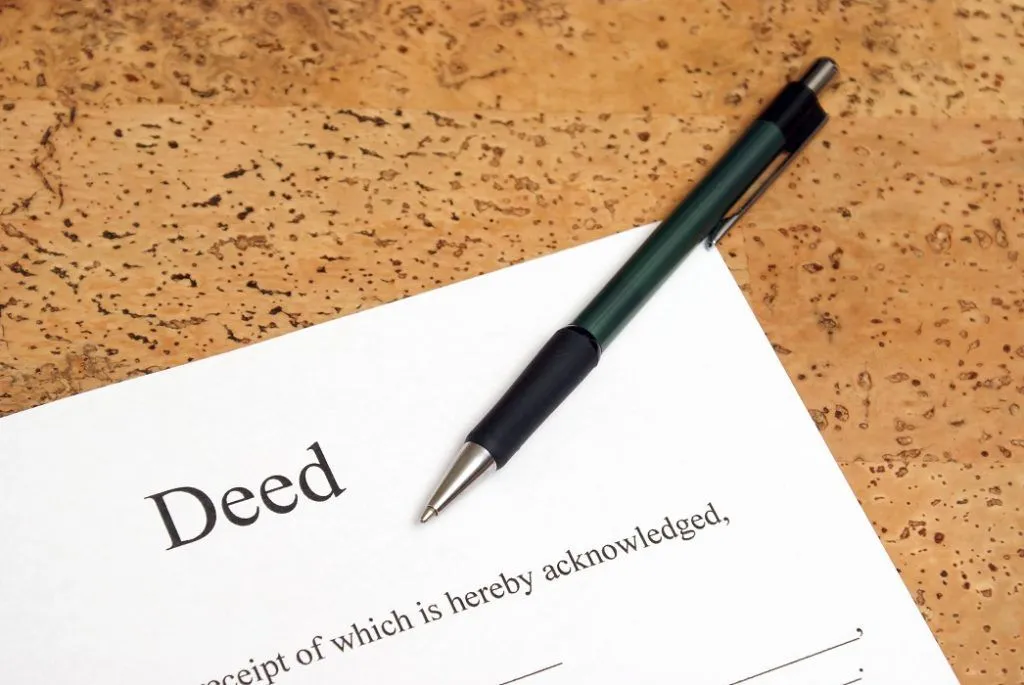Buying real estate is one of the most significant investments you can make. In Kenya, the real estate market offers a wide range of opportunities—from residential apartments in Nairobi to sprawling land parcels in emerging towns like Naivasha and Ruiru.
Whether you’re a local or an expatriate looking to invest, understanding how to navigate the Kenyan property market is crucial. This guide will walk you through the entire process, from researching your options to closing the deal.
Step 1: Determine Your Budget
Before diving into property listings, it’s essential to establish a clear budget. Consider not only the purchase price but also additional costs such as:
- Stamp duty (1% – 4%)
- Legal fees
- Valuation fees
- Registration fees
- Transfer taxes (for urban land)
Most buyers opt for mortgages, developer payment plans, or personal savings. If you’re considering a mortgage, get pre-approved by a bank to understand your borrowing capacity.
Step 2: Decide on Location and Property Type
Your choice of location should align with your lifestyle, investment goals, and budget. Popular areas for real estate investment include:
- Nairobi – For those seeking convenience, jobs, and modern developments.
- Mombasa & Coast Region – Ideal for beach lovers and tourism-related investments.
- Nanyuki – Emerging hubs with potential for high returns.
- Satellite towns around Nairobi – Ngong.

Step 3: Research the Market
Use online platforms such as:
- BuyKenya
- Jumia House
- Soko
- Zoopla Kenya
These sites offer detailed property listings with photos, pricing, and contact information. You can filter by location, size, price, and amenities.
Also, visit physical locations to gauge neighborhood safety, infrastructure, and future development plans. Talking to locals or working with a real estate agent can give you insider insights.

Step 4: Hire a Licensed Real Estate Agent
A licensed agent can help streamline the buying process. They have access to off-market deals, can negotiate prices, and ensure that all legal procedures are followed.
When choosing an agent:
- Check their license with the Kenya Institute of Estate Agents- KIEA
- Read reviews and ask for referrals
- Ensure they are transparent about fees
Working with a professional helps avoid scams and ensures due diligence is performed.

Step 5: Conduct Due Diligence
Due diligence is perhaps the most critical step in buying real estate in Kenya. It involves verifying the legality and ownership of the property.
Key checks include:
- Land Search at the Ministry of Lands : Confirms ownership and any existing charges.
- Title Deed Verification : Ensures the title is clean and transferable.
- Survey Map Inspection : Validates the actual size and boundaries.
- Check for Pending Rates or Taxes : These must be cleared before transfer.
- Engage a Lawyer : To handle the legal documentation and contract review.
This step protects you from fraud and ensures you’re investing in a legitimate asset.

Step 6: Negotiate and Make an Offer
Once satisfied with the due diligence, you can proceed to negotiate the price. Be prepared to offer a deposit (usually 10%) to show seriousness.
Negotiation tips:
- Know the market value of similar properties
- Be firm but respectful
- Consider payment terms if using a mortgage or installment plan
If the seller accepts, a sale agreement will be drafted and signed by both parties.

Step 7: Secure Financing
If you’re taking a mortgage, approach your preferred lender early in the process. Banks will require:
- Proof of income
- Credit history
- Valuation report of the property
Ensure the valuation aligns with the agreed purchase price. Some developers also offer in-house financing plans with flexible payment schedules.

Step 8: Transfer the Property
The final stage involves transferring the title deed into your name. Your lawyer will handle this process, which includes:
- Preparing the transfer documents
- Paying stamp duty
- Submitting forms to the lands office
- Receiving the new title deed
The process typically takes 2–6 months, depending on government processing times.

Tips for First-Time Buyers
- Start small : Invest within your means and upgrade later.
- Be patient : The process can take time, especially with bureaucracy.
- Stay informed : Keep up with changes in land laws and regulations.
- Avoid emotional decisions : Let data and research guide your purchase.
Conclusion
Buying real estate in Kenya can be a rewarding experience when done right. From determining your budget to conducting thorough due diligence, each step plays a vital role in ensuring a smooth transaction.
With careful planning and expert guidance, you can secure a valuable asset that appreciates over time and meets your personal or investment goals.

Join The Discussion